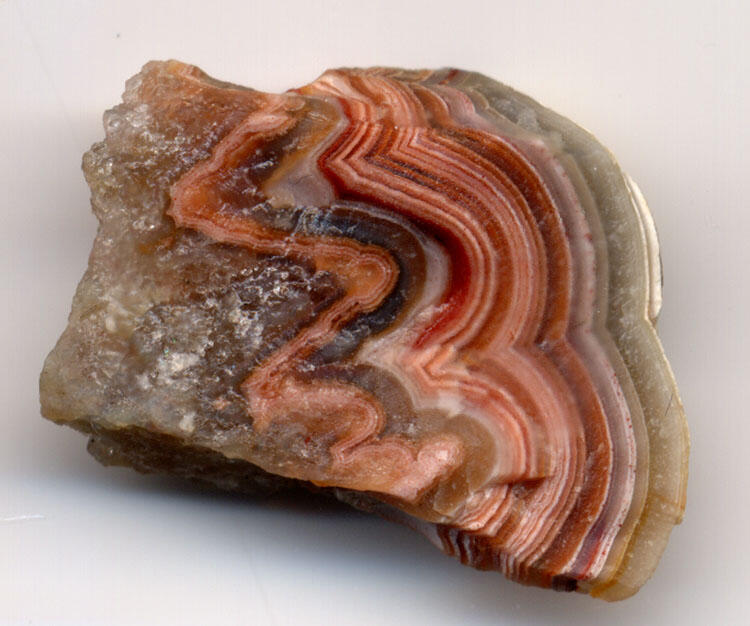An important step in this direction ís ethnoarchaeology. This approach enables us to observe, within living cultural systems, the cycles of formation and destruction of material evidence that are ultimately responsible for the creation of the archaeological record. At the same time, ethnoarchaeology permits to observe how the action of structured social relationships affects the nature of these cycles. Ethnoarchaeology, in this perspective, allows archaeologists to study dynamic and complex relationships of cause-effect among different orders of factors, and, as a result, to build with the data more meaningful tools of interpretation. South Asia, where traditional societies are organized in complex formalized hierarchies, with many different levels of interaction with contemporary state structures, is an ideal ñeld of ethnoarchaeological observation, relevant to the study of the so-called ‘complex societies’ of protohistory, dating to the bronze and iron age of the eurasian continent.

